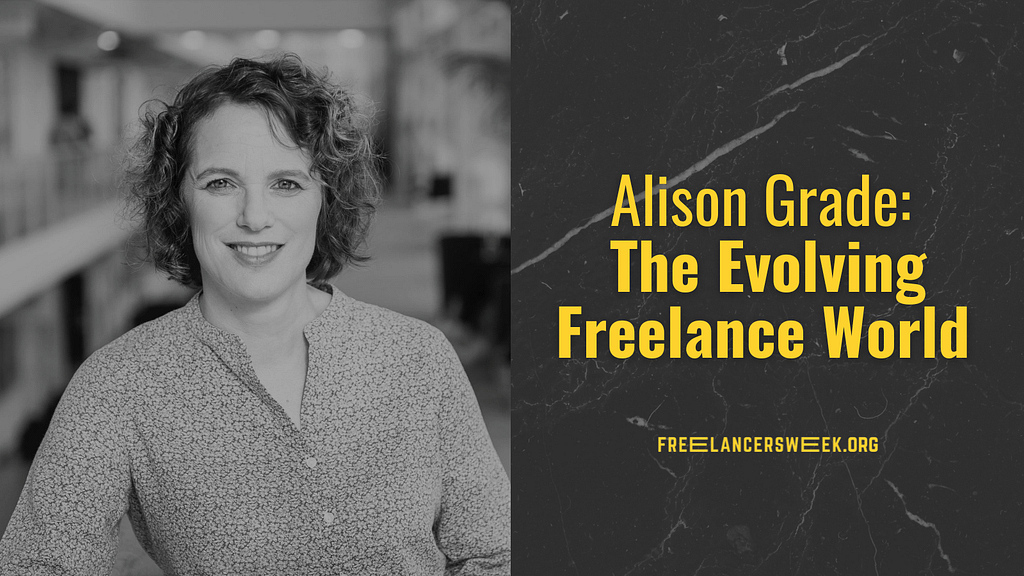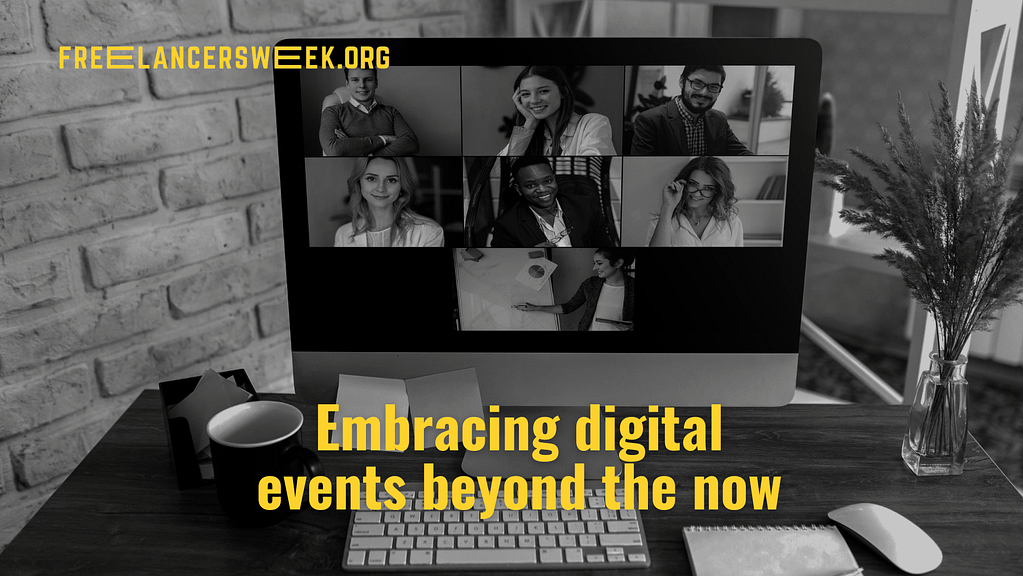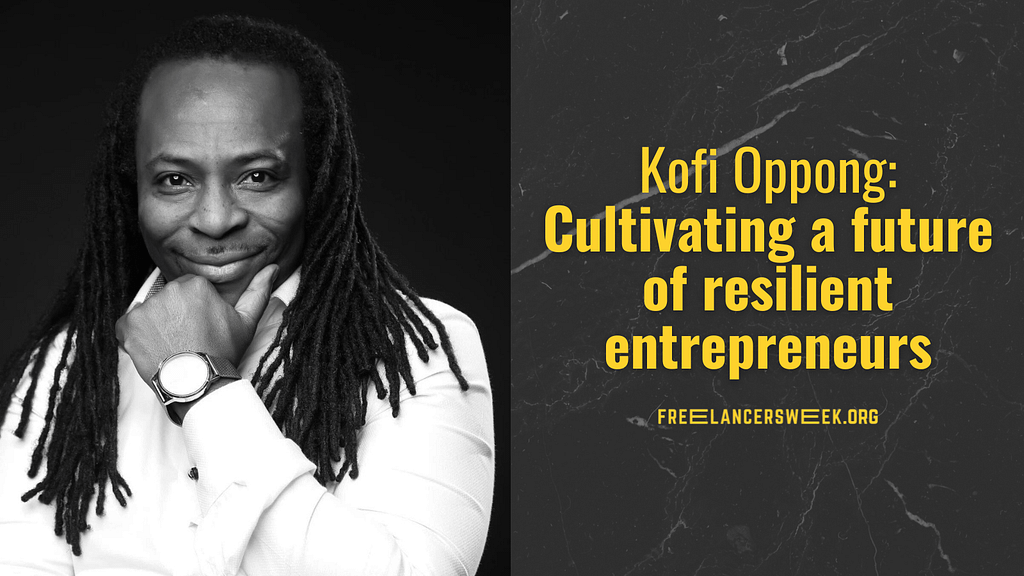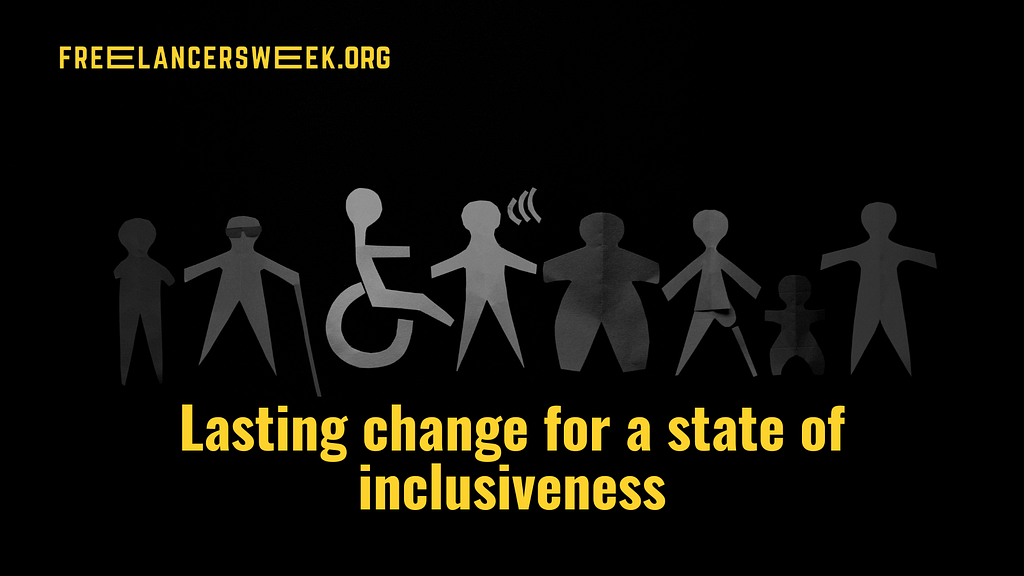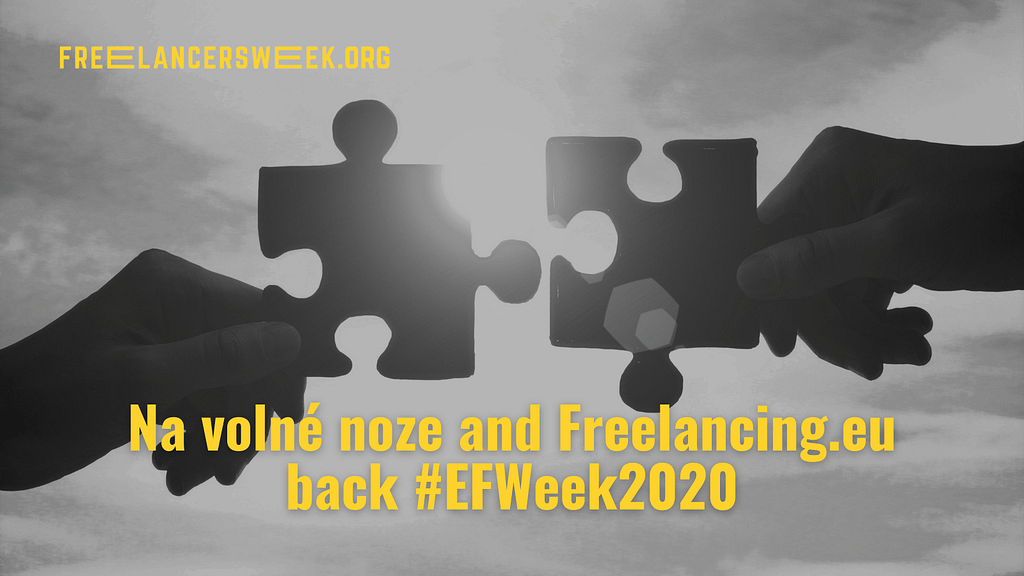We had the chance to sit down and talk with Alison Grade, the award-winning entrepreneur, freelancer and author of the Freelance Bible. She has helped numerous entrepreneurs turn their ideas into scalable businesses.
Alison gives us a trip down her career path as she talks about how she started working in the creative film and TV industry to working in the corporate MBA world, teaching women how to ride motorbikes and getting back to working in the creative space.
With the experience she got from working as a freelancer to teaching, mentoring, consulting and hiring freelancers, she can’t help but notice the lack of the right provisions for freelancers. This inspired Alison to write a book on freelancing, and this is how the idea was transformed into a reality and how the book was born.
It leads us to ask Alison more about her book, tips for freelancers, and what she thinks about the status of freelancing since Covid hit.
What tips and motivations can you share for aspiring creatives?
Understand why clients are going to value you for the work that you do. That: “Why me? Why am I the right person to do this project for you?” is important to know.
So, rather than the approach of “Look here, I can do all of these things, which bit do you want?” You want to be able to say to a client: this is why and how I can help you.
With their objective in mind, you need to explain to them how and why hiring you is going to deliver just that. You’re supplying solutions to their needs rather than just making them an offer.
Also particularly for creatives, it’s about knowing your value and understanding your value because those are relationships between price and demand, and we can use pricing to affect demand.
Nine times out of ten, when I advise creatives to raise their prices they still find the demand stays the same because they haven’t gotten to the point where clients think they’re too expensive.
If you can understand why you add value to a client, then you move away from trading time for money, and rather add value and a solution for your client. The money becomes less important because you’re showing them how you help them reach their target.
How has the freelancer industry evolved since the pandemic hit?
From a UK perspective, lots of people have actually quite liked working from home. And freelancers have become accustomed to the fact this is a really good opportunity with great productivity offerings.
We are all productive at home, we get things done, and we can keep in touch with clients. And, in some ways, the rest of the workforce has caught up with us.
Many employees are questioning whether they’re up for going back to the commute, and if their company is going to make them do that, what does their future within an organisation look like.
As businesses start picking up again, there’s a fear of what could happen if there are more hard lockdowns to follow. So, rather than taking on permanent staff, we’re seeing organisations taking on fixed term contracts instead.
People feel that the harder they work and the more indispensable they make themselves, that companies would be more inclined to retain them after the contract period expires. However businesses don’t have those kinds of budgets at the moment and there are no guarantees, no matter how good you are, or how indispensable you make yourself.
If you’ve got a fixed period of time and project that needs doing, you need to be aware of the fact that once your contract comes to an end, it’s on to the next job. And that is why as a freelancer your mindset has to be looking toward the future—where’s my next job coming from?
That change and rise in a freelancer’s mindset has truly transformed.”
According to your book, The Freelance Bible, how can independent professionals turn their talent into a fulfilling and sustainable freelance career?
The “why me” and knowing your value is something I’ve touched on, but additionally, you have to work on your freelancing.
Take the analogy of an old-fashioned three-legged stool: the three legs represent different things, and they all need to be bearing equal weight in order for the chair to be functional and useful. It’s the same comparison to your skills, your financial drive, and your desires.
As a freelancer, you’ve got to have the skills to deliver for your client, the financial drive to make a living, and the desire to get your message out there.
If you don’t have the skills, that leg of the stool falls over because you can’t deliver for your clients. If you don’t have the financial drive then you’re not happy, and if you don’t have the desire to get your message out there then nobody is going to know who you are and the value you deliver. A successful freelancer needs to ensure that the three legs bear equal weight.
And as the interview with Alison came to a close, we asked her for one more thing for freelancers to remember. She left us with: “one of the things that I say to people an awful lot is – just be a nice person to work with! It might not get you the first piece of work with the client, but it will get them coming back to you.”

